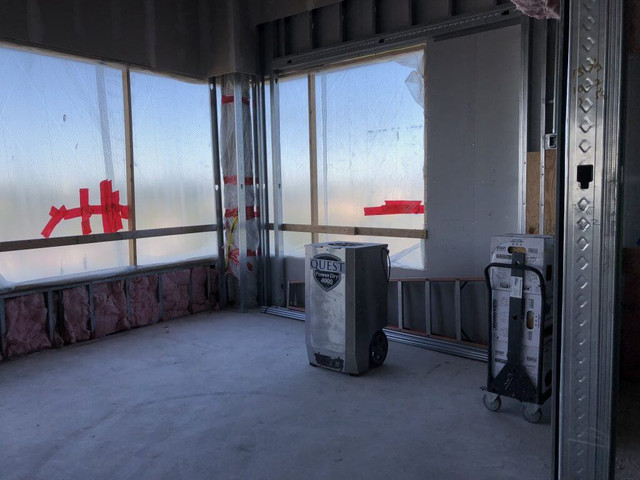Humidity or Temperature – Which You Should Tackle on the Job Site
Posted by Matt Milos on May 13th 2019
Last time we dived into numerical data to compare and contrast the equipment required to effectively treat moisture and temperature concerns on construction projects.
Your goals ultimately determine the best solution. With that in mind, here are some common problems and how equipment can help:
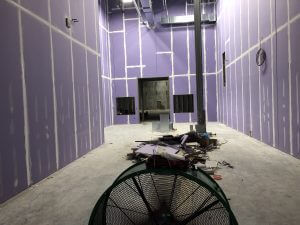
When is it more important to control humidity vs. temperature?
Drywall and finish schedules:
We have explored this topic in detail before (here and here), but you can't get around the effect of moisture on curing rates. Simply controlling moisture can cut drying times down from days to hours. Alternatively, there is very little correlation between temperature and dry times. Humidity is the enemy and dehumidification makes a lot more sense for this problem.
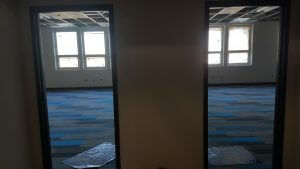
Studies find that humidity is a more important than temperature for timely finishes.
Floor finishes:
Another topic that we have looked at in detail before. Most of what we said about drywall and finishes also applies here. This is especially true early on in the project. Establishing a low-humidity atmosphere in the building early on increases your chances of sufficiently drying out the concrete. Doing this also avoids the need for expensive moisture mitigation. Once again, dehumidification will likely have a much larger impact on your schedule. Most floor adhesive manufacturers have maximum RH levels on their products but are often less restrictive when it comes to installation and protection of adhesives and flooring. In such cases spot cooling or a combination of dehumidification and cooling usually produce the best results.
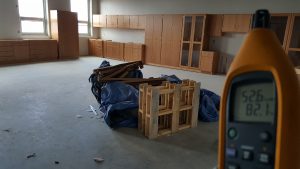
Need to protect wood flooring or casework?
Protection:
There's a lot to think about when it comes to protecting what you've already installed. Projects with expensive wood casework and wood gym floors have different requirements than manufacturing facilities, for example. Anyone who has worked with laying wood flooring knows you need to allow time for the materials to acclimate to job site conditions. The real trouble with this is that, without a controlled climate, acclimation varies. Varying ambient RH levels cause wood to absorb moisture and dry at different rates. Without months of controlled conditions the effects can be dramatic and expensive. Not only that, things can go from bad to worse when the permanent HVAC system comes on and the environment changes once again. The rapid change often causes rapid shrinkage which results in increased time spent on repairing or replacing items. Unless temperatures are a serious concern humidity control is generally more important for protection.
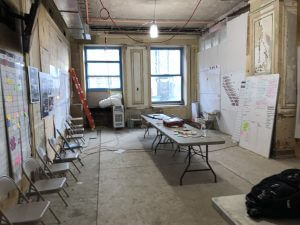
Temperature and humidity both affect how comfortable the job site is.
Comfort:
I purposely saved this one to the end because this factor's importance varies widely. On most projects comfort is not a sufficient reason to spend a lot of money on air conditioning or to allocate available power to the task. By simply controlling the humidity, however, most sites can feel 10-15 degrees cooler. Humidity control just makes more sense in most cases. In extreme situations, however, spot cooling or room cooling can aid areas where it would be too costly to air condition an entire site. This can fit into most projects's available power and keeps temperatures at safe levels for workers.
We end much the way we started.
By zeroing in on the specific goals you have for your project you can maximize both your budget and your schedule. Ultimately this results in project success.

